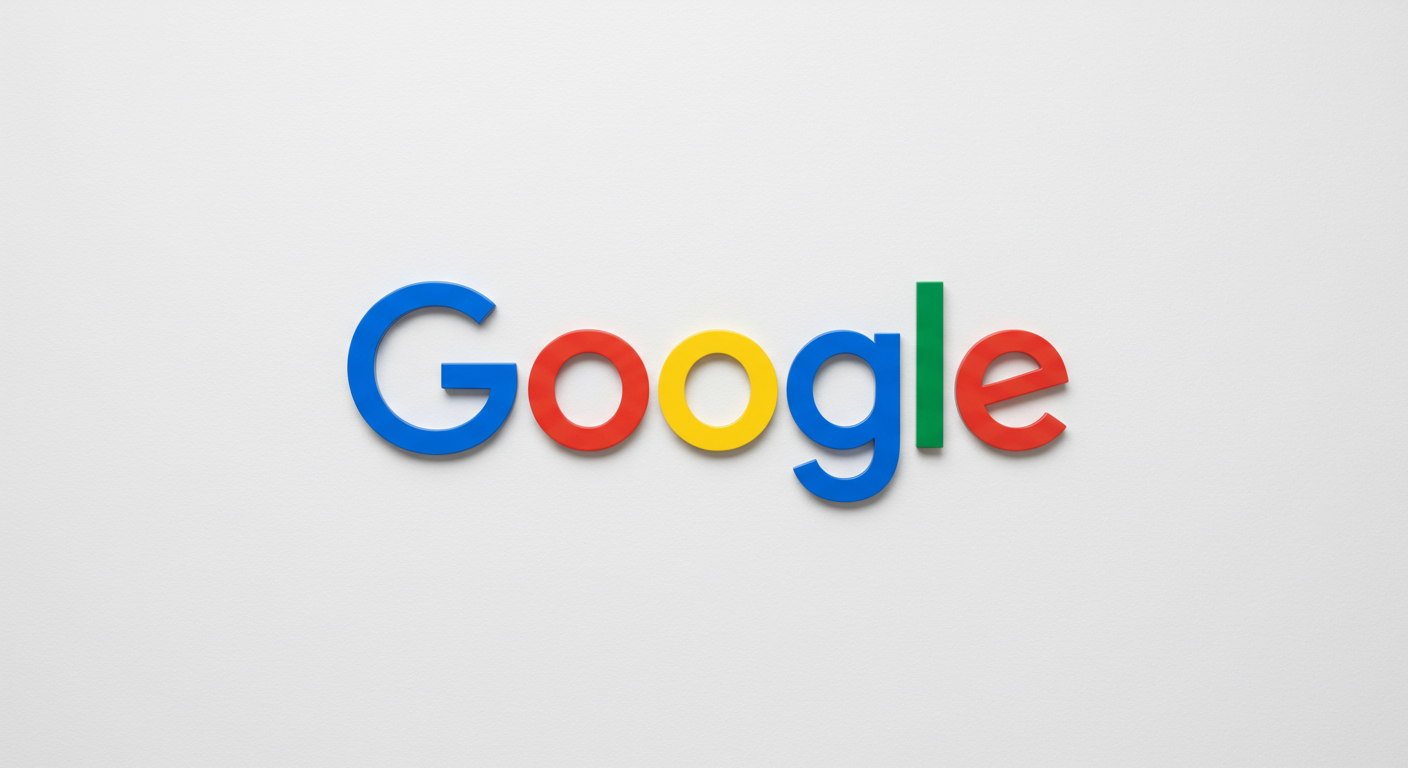By Mofeoluwa Awe
Federal court sides with Department of Justice (DOJ), citing Google’s dominance over publisher tools and ad exchanges in a landmark ruling that could reshape digital advertising.
A U.S. federal judge has ruled that Google unlawfully dominates key sectors of the online advertising market, marking a significant legal blow to the tech giant and a major development in ongoing efforts to curb Big Tech power.
The ruling, delivered by Judge Leonie Brinkema of the U.S. District Court in Virginia, determined that Google holds an illegal monopoly over publisher ad servers and ad exchanges. While the court did not find Google at fault for its display ad network business, it concluded that the company violated Sections 1 and 2 of the Sherman Antitrust Act in the other two areas.
In a detailed 115-page opinion, Judge Brinkema outlined how Google strategically integrated its publisher tools and ad exchange technologies, creating barriers that weakened competition and disadvantaged both rival platforms and publishers. The court found that Google’s practices allowed it to entrench dominance by removing features that benefitted publishers and enacting policies that favored its own systems.
“Google further entrenched its monopoly power by imposing anticompetitive policies on its customers and eliminating desirable product features,” Judge Brinkema wrote. “This exclusionary conduct substantially harmed Google’s publisher customers, the competitive process, and, ultimately, consumers of information on the open web.”
This decision comes amid heightened regulatory scrutiny of tech giants. Google, owned by Alphabet, is already appealing a previous August ruling in a separate case that found it to have a monopoly on search. The proposed remedies in that case could include a divestment of Chrome, Google’s dominant web browser.
In a statement, Lee-Anne Mulholland, Google’s Vice President of Regulatory Affairs, said , “We won half of this case and we will appeal the other half. The Court found that our advertiser tools and our acquisitions, such as DoubleClick, don’t harm competition. We disagree with the Court’s decision regarding our publisher tools. Publishers have many options and they choose Google because our ad tech tools are simple, affordable, and effective.”
The court has yet to determine remedies for the ad tech violations. However, the decision could lead to sweeping changed in how Google operates within the $600 billion global digital advertising market, a sector already experiencing disruption from shifting consumer habits, regulatory pressures, and emerging technologies.
The verdict also comes as another antitrust trial involving Meta Platforms is underway, signaling a broader effort by regulators to re-examine competition in digital advertising.
Google is scheduled to report its Q1 2025 earnings on April 24, adding further tension to an already critical period for the company.
Read also: Google’s AI overviews feature sparks concerns over plummeting web traffic for publishers







Comment
No comments found.